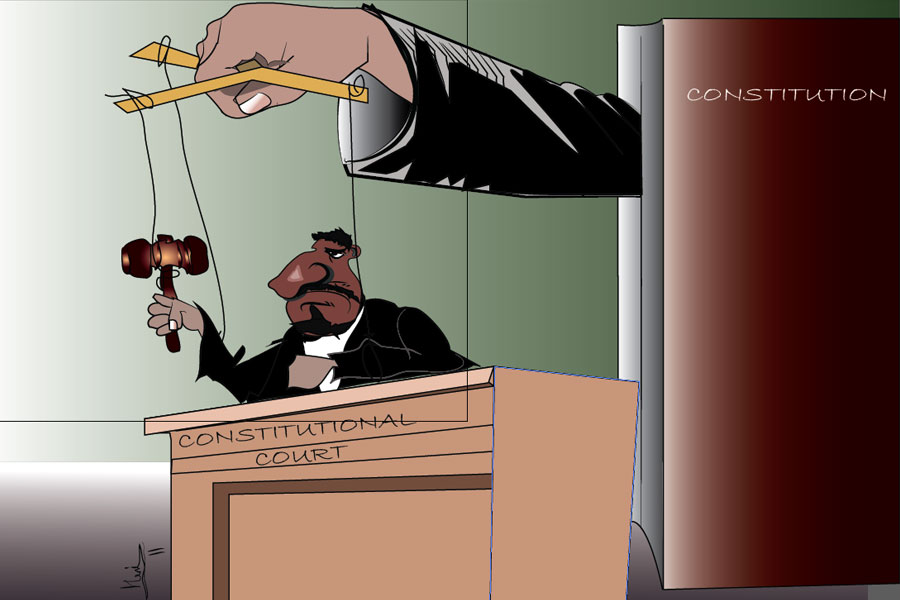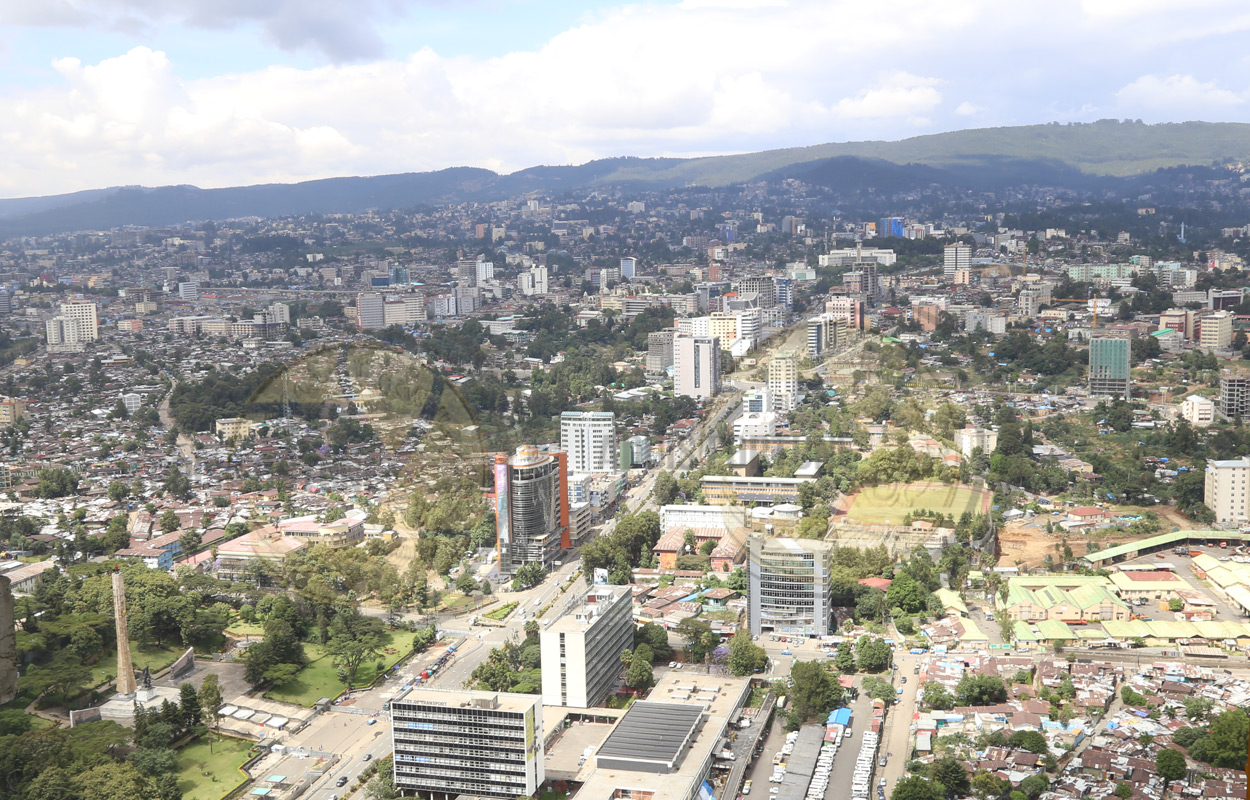
Viewpoints | Dec 29,2018
Apr 26 , 2019
By
One of the challenges of governing is ensuring that the poor get basic service while ascertaining that the lifestyles of the rich are protected. Indeed, many would contend that these two factors cannot be put on a scale, and that the government should not waste resources and time protecting lifestyles when lives are on the line.
Nothing is that easy though. The socialist ideal seemed so straight forward – everyone gets what they need and produces what they can. This though was unnatural to humans, for they are animals that are naturally selfish. It is hard to get anyone to do anything without a certain amount of incentive, a promise for a better standard of living.
Those that disagree with the socialist argument still are faced with the necessity of dispersing some of the amount produced by the capable to the less capable. How this can be done has been a chief source of disagreement and contention ever since the formation of nation states in modern times. It is all the more complicated by the fact that most wealth was accumulated disproportionately to begin with, so this is not just a matter of how opportunity can be distributed now but how past injustices can be addressed.
For instance, in the United States, African-Americans literally slaved away in the early 19th century to create wealth for the country, especially in the agricultural sector.
Does it mean that after the abolition of slavery, wealth that has been cheated away from African-Americans should be returned? Or, given how impractical this would be, should the government only have looked forward and ensured that no such injustices occurred again? But if this is the case, what of the matter that it would, and has been, virtually impossible for African-Americans to catch up without some sort of discriminatory allocation of resources?
This is not a debate that Ethiopia has been exempt from. There are few countries around the world where the elite gets almost no slack for all the injustices it has perpetrated. We somehow manage not to bring up the role played by those that have distorted wealth distribution in their favour, instead preferring to attach inequality to constructs - such as ethnicity - that cannot have bearing on themselves.
As a result, our discourses are skewed and uninformed. We are pontificating on matters that will not address poverty. In a nation where easily curable diseases are stealing futures, that we allow our interesting but ultimately insignificant history to distract us from our current dilemmas is absurd.
Our politics revolves around such basic, eventually irrelevant matters as far as ensuring the prosperity of a nation is concerned. Those that are driving our politics are not even saying how discourse along such fault lines even helps our current status as a poverty-stricken nation. It is a miracle the public is falling for it.
Like it has been the case before, we should never lose sight of the fact that this is a class struggle, between the economic elite and the poor. The extremely low standard of living is the source of our problems, but political entrepreneurs will make it seem that other things are the case.
The poor and the lower-middle classes, despite their lingo-cultural and religious denominations, have to politically organise. They have to concentrate their efforts on calling on the government to allocate opportunities to them, to provide them with education and health services, food security and assure a lower cost of living.
Politics and the economy go hand in hand. Unless we can fix the former, we will never address the latter. With discourse as it is today, our chances of charting a way forward for the betterment of this nation get dimmer by the day.
PUBLISHED ON
Apr 26,2019 [ VOL
20 , NO
991]

Viewpoints | Dec 29,2018

Viewpoints | Aug 12,2023

Fortune News | Jun 10,2023

Viewpoints | Aug 03,2024

Verbatim | Nov 07,2020

Commentaries | Mar 28,2020

Editorial | Jan 12,2019

Commentaries | Apr 04,2020

Sunday with Eden | Jun 20,2020

Fortune News | Dec 05,2018

Photo Gallery | 180100 Views | May 06,2019

Photo Gallery | 170298 Views | Apr 26,2019

Photo Gallery | 161314 Views | Oct 06,2021

My Opinion | 137244 Views | Aug 14,2021

Dec 22 , 2024 . By TIZITA SHEWAFERAW
Charged with transforming colossal state-owned enterprises into modern and competitiv...

Aug 18 , 2024 . By AKSAH ITALO
Although predictable Yonas Zerihun's job in the ride-hailing service is not immune to...

Jul 28 , 2024 . By TIZITA SHEWAFERAW
Unhabitual, perhaps too many, Samuel Gebreyohannes, 38, used to occasionally enjoy a couple of beers at breakfast. However, he recently swit...

Jul 13 , 2024 . By AKSAH ITALO
Investors who rely on tractors, trucks, and field vehicles for commuting, transporting commodities, and f...

Nov 1 , 2025
The National Bank of Ethiopia (NBE) issued a statement two weeks ago that appeared to...

Oct 25 , 2025
The regulatory machinery is on overdrive. In only two years, no fewer than 35 new pro...

Oct 18 , 2025
The political establishment, notably the ruling party and its top brass, has become p...

Oct 11 , 2025
Ladislas Farago, a roving Associated Press (AP) correspondent, arrived in Ethiopia in...

Nov 2 , 2025
The National Bank of Ethiopia (NBE) has scrapped the credit-growth ceiling that had s...

Nov 2 , 2025 . By SURAFEL MULUGETA
The burgeoning data mining industry is struggling with mounting concerns following th...

Nov 2 , 2025 . By YITBAREK GETACHEW
Berhan Bank has chosen a different route in its pursuit of a new headquarters, opting for a transitional building instea...

Nov 2 , 2025 . By BEZAWIT HULUAGER
Nib International Bank S.C. has found itself at the epicentre of a severe governance...